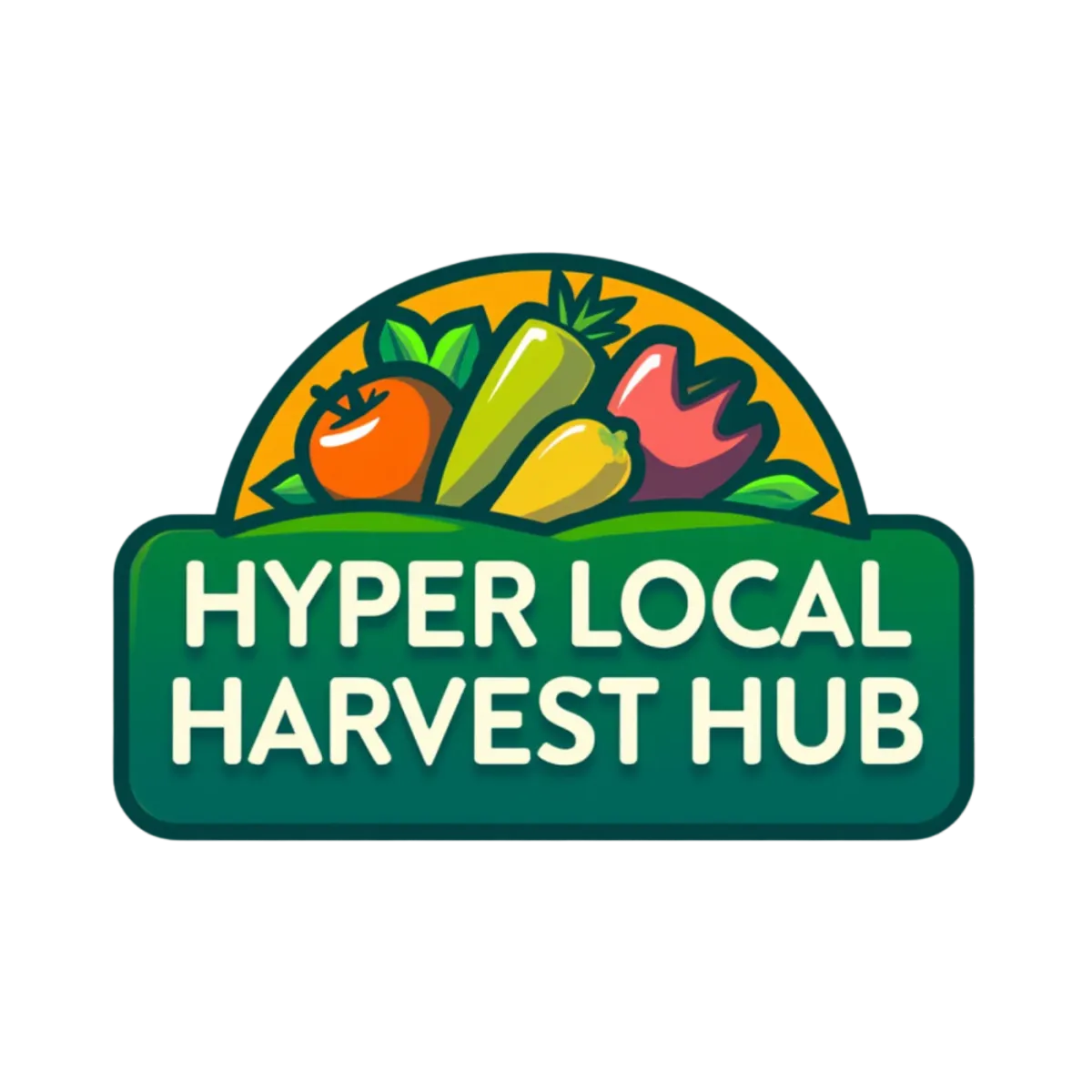
How can I build gardening and farming skills without formal training or background experience?
Imagine walking into your kitchen, reaching for a handful of fresh basil, or plucking a sun-warmed tomato off the vine to slice into a lunchtime masterpiece. Now imagine that you didn’t buy those from the store—they grew under your care, nurtured by your hands and your newfound confidence as a gardener or small-scale farmer. For many of us, this might sound like a far-off dream, especially if we didn’t grow up around gardens, farms, or even a houseplant. But guess what? Growing your own food doesn’t require a green thumb from birth—it just takes curiosity, a willingness to get your hands dirty, and a little bit of know-how.
In an era where food sovereignty, sustainability, and resilience are more important than ever, learning to grow your own food is not only relevant but empowering. The good news? You don’t need a degree in horticulture or a family farm legacy to get started. Whether you have a windowsill, a backyard, or access to a community garden, you can develop the skills to grow your own food and build a thriving mini-ecosystem.
So let’s dig in—literally and figuratively! Here’s how to cultivate gardening and farming skills, even if you’re starting from scratch.

1. Start Small and Observe
Begin with What You Have
Before you dream about growing a field of heirloom corn or tending to a backyard beehive, start small. A windowsill herb garden or a few pots of lettuce on your balcony can be a perfect low-pressure introduction to gardening. By focusing on a few easy-to-grow plants, you’ll learn the fundamentals of soil, water, sunlight, and plant care without feeling overwhelmed.
For example, herbs like basil, mint, and parsley are forgiving and thrive in small spaces with basic care. Want to step it up? Try cherry tomatoes in a container—they’re prolific and a joy to harvest.
Observe the World Around You
The natural world is your greatest teacher. Pay attention to how plants grow in different conditions. Visit local community gardens, walk through farmers' markets, or volunteer at a local urban farm. Observation sharpens your awareness and helps you understand what plants need to thrive.
Case Study: How I Learned from My Neglected Balcony Garden
A few years ago, I had a disaster of a balcony garden. I planted kale in too-small pots and forgot to water consistently. Despite my neglect, I noticed the kale struggled but survived long enough to teach me a key lesson: plants are resilient, but proper spacing and regular care make all the difference. Today, that insight helps me space and plan my garden better—and my kale thrives!

2. Embrace Hands-On Learning
Get Dirty: Trial and Error Is Key
The best way to learn gardening and farming is by doing. Yes, you will make mistakes—everyone does. (Pro tip: consider them learning opportunities, not failures.)
Plant a small garden or care for a few pots, and observe how your plants respond. Experiment with watering schedules, try different soils, or test new composting techniques. Each trial brings you closer to understanding the rhythms of nature and your role in it.
Leverage Free Resources
You don’t need expensive courses to get started. Free or affordable resources like YouTube, gardening blogs, and public library books are brimming with valuable information. Channels like Epic Gardening or Roots and Refuge Farm offer actionable advice for beginners.
Quick Wins: Ideas for Immediate Practice
Seed Starting: Pick up a pack of seeds (lettuce and radishes are great for beginners) and start them indoors or in a garden bed.
Composting 101: Start a small compost bin with kitchen scraps and learn the basics of creating nutrient-rich soil.
Community Garden Involvement: Many cities have community gardens where you can rent a small plot and learn alongside other gardeners.

3. Seek Out Mentorship and Community
The Power of Gardening Networks
Gardening and farming are ancient skills passed down through observation and mentorship. Connect with local gardening clubs, join online forums, or attend workshops in your area. Engaging with experienced growers accelerates your learning and gives you a support system to troubleshoot challenges.
Example: Learning from Local Experts
I once attended a free composting workshop hosted by my town’s waste management department. Not only did I leave with a clear understanding of compost ratios (greens vs. browns, anyone?), but I also made connections with other gardeners who shared tips on soil health and pest management.
Ask Questions, Share Wins
Whether online or in-person, don’t hesitate to ask for advice or celebrate small victories. Got a bumper crop of cucumbers? Share your joy. Dealing with a leaf-eating pest? Someone in your network has a solution. These conversations make the process more enriching and less lonely.

4. Immerse Yourself in the Seasons
Follow Nature’s Rhythms
Farming and gardening are inherently seasonal activities. Learning to align your efforts with the seasons is crucial. Start by understanding your local climate and growing zone (search “USDA Plant Hardiness Zone Map” if you’re in the U.S.).
Spring: A time for sowing seeds, planting cool-weather crops like spinach, and preparing soil.
Summer: Care for heat-loving plants like tomatoes, peppers, and zucchini. Watering and pest control are essential.
Fall: Harvest crops, plant garlic or cover crops, and begin prepping for the next year.
Winter: Plan and dream! Focus on indoor gardening, reading, and expanding your knowledge.
Experiment with Indoor Growing
For year-round skills development, try indoor gardening. Microgreens, hydroponics, or even a simple grow light setup can keep your green thumb active during colder months.
Statistic to Inspire: Did you know that a 2020 study by the National Gardening Association found that 18.3 million Americans took up gardening for the first time during the pandemic? If they can start, so can you.

5. Document and Reflect
Keep a Gardening Journal
Tracking your efforts is invaluable. Record what you planted, when you watered, and the results you observed. Over time, you’ll notice patterns and gain insights into what works best in your specific environment.
Reflection Prompts for Gardeners
What did I learn from this season?
Which plants thrived, and which struggled?
What would I do differently next time?
Celebrate Small Wins
Every sprouted seed, every first harvest, is a milestone worth celebrating. Recognize your progress—it’s the fuel that keeps you motivated to keep learning and growing.

6. Look Ahead: Scaling Your Skills
Expand Gradually
Once you’ve mastered the basics, consider scaling up. Perhaps you’ll add a raised bed, try companion planting, or even explore keeping chickens or bees. Start with small, manageable steps and build on your foundation of knowledge.
Stay Curious
The beauty of gardening and farming is that there’s always more to learn. From permaculture to soil microbiology, there’s no shortage of ways to deepen your expertise.
Grow Your Skills, Grow Your Life
Starting your journey as a gardener or small-scale farmer without formal training is not only possible but deeply rewarding. By starting small, embracing hands-on learning, seeking mentorship, and following the rhythms of the seasons, you can cultivate skills that nourish both your body and spirit.
So why wait? Grab a pot, a pack of seeds, and let curiosity lead the way. The soil is ready—are you?
Ready to grow? Start by planting a few herbs or greens this week, and share your journey with a friend or local gardening group. And if you need inspiration, subscribe to the Hyper-Local Harvest Hub newsletter for more tips, tricks, and encouragement. Let’s grow together! 🌱


